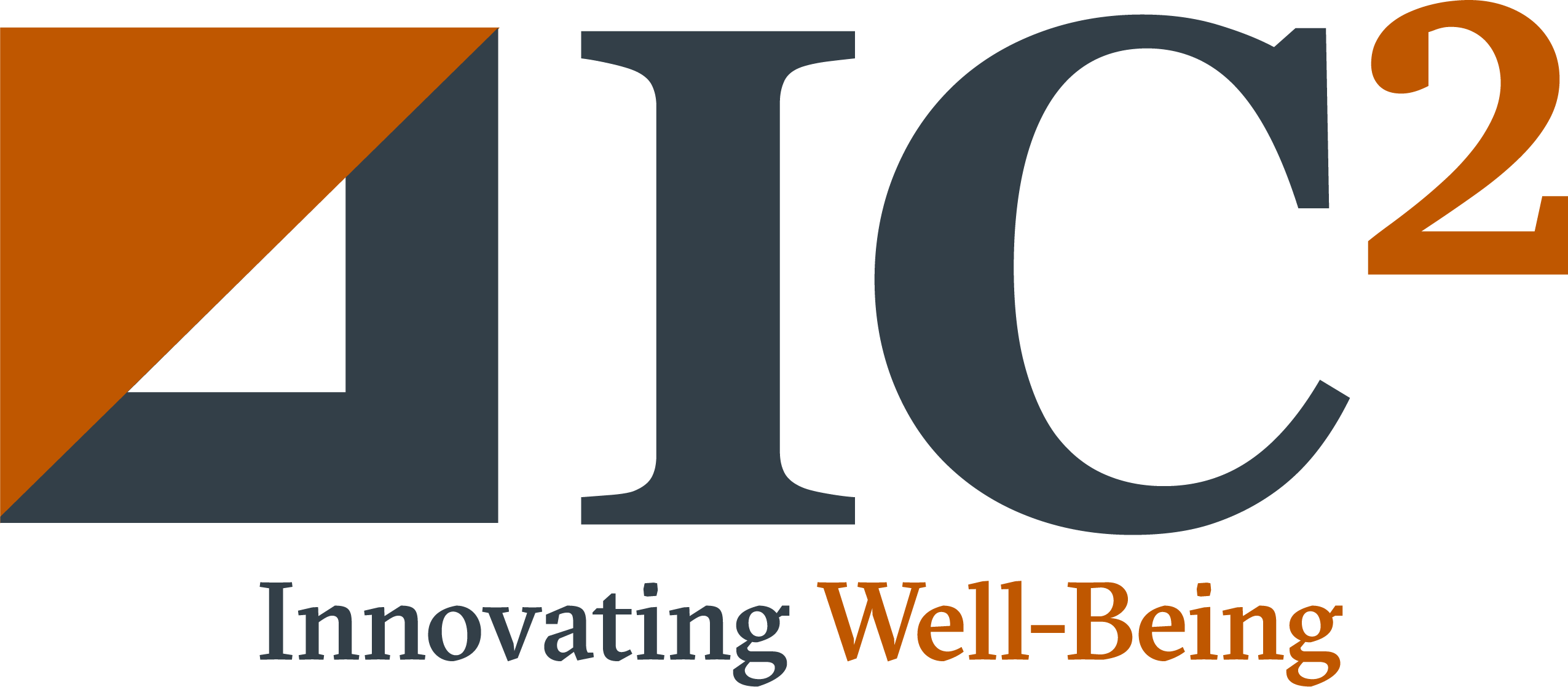Jim Jarrett
Bureau of Business Research
Libraries are more than collections of books and periodicals. They are sources of access to digital repositories; entry points to municipal, state, and federal government programs; and training locations, especially in underserved communities. Libraries often are the key resource in rural areas and help rejuvenate neighborhoods in larger cities. Public libraries also have economic impacts and help businesses, both small and large.
The Institute’s Bureau of Business Research (BBR) has conducted two research projects on public libraries. In the first report published several years ago, we catalogued several hundred examples in which Texas’ public libraries were helping businesses:
- Dozens of rural libraries are used by small farmers and ranchers for their businesses because they have faster internet connections; these and other libraries often provide meeting space for local business groups.
- Training sessions abound: electronic data security and identify theft issues for self-employed individuals; how to access business-oriented databases and the legal databases that would enable small businesses to create/complete legal documents; how to create more professional publications as well as prepare invoices.
- Serving the growing number of mobile professionals who need a printer or other electronic equipment during their daily travels as well as the increasing number of contractors, direct selling representatives, and independent workers who do not have offices away from their residences.
- One library has a special service for a large local employer that allows the firm’s employees to have both business-oriented and personal books delivered at their worksite without charge; this library and others offer the same service to local nursing homes to serve individuals who cannot travel to traditional library outlets to secure reading materials.
- And libraries have incubated businesses – Words with Friends and Chess with Friends were developed at a public library near Dallas by a team that had no office space and couldn’t work at home.
Besides these unique collaborations and the more widespread activities such as workforce training, resume assistance workshops, and adult computer classes, libraries have direct economic impacts. The early BBR study and our 2017 report have estimated economic benefits of roughly $4.50 for every dollar of investment into library operations, a ratio that is generally in line with other Return-on-Investment (ROI) studies.
Despite the ROI, which does not include many unquantifiable benefits such as knowledge acquisition and being part of a more educated community in general, public libraries have struggled to maintain funding streams in many states and elsewhere, including Canada and the United Kingdom. No doubt there are many reasons for this. We do know, however, that economic growth and leadership are strongly correlated with highly educated communities. Public libraries offer every person an opportunity to improve his or her education and every business an opportunity to improve its productivity. What is ironic is that libraries for most of us can be accessed for no additional outlay of funds. Not to access this resource is inexcusable; not to support public libraries is irrational.
Got a response? Share your thoughts with Jim.

